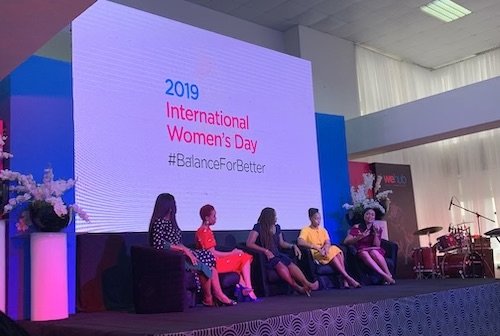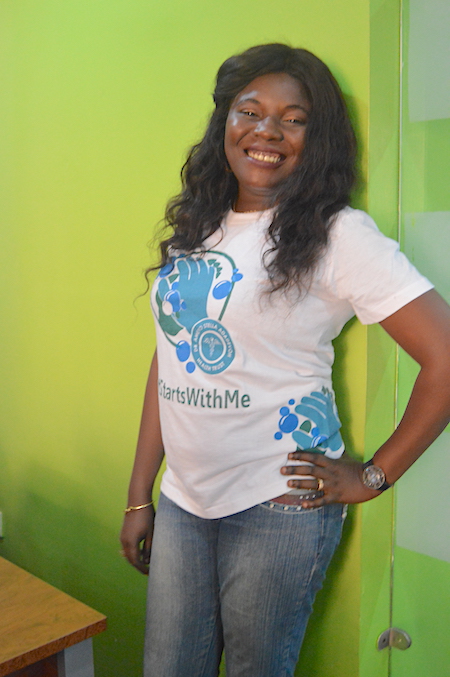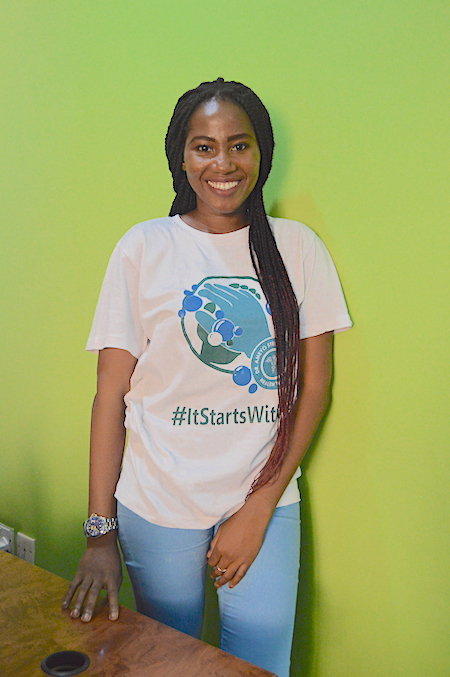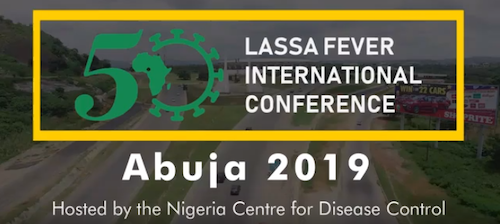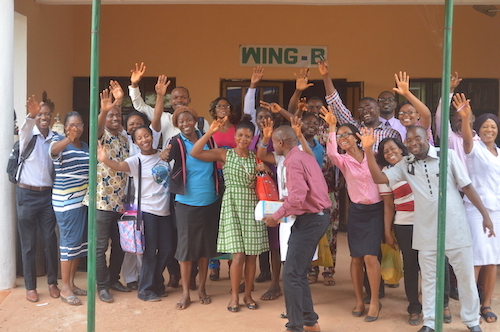Honoring Health Workers on the Front Lines
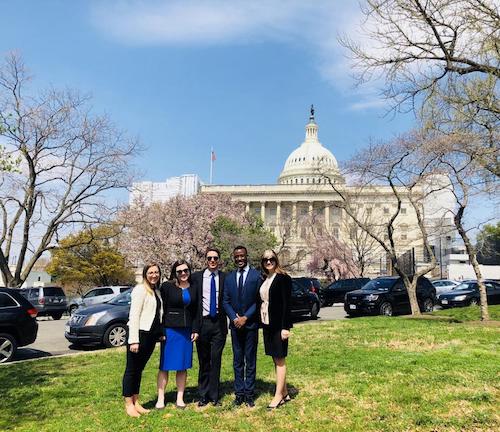
We spent today on Capitol Hill in Washington DC educating US lawmakers and their staff on the tremendous impact frontline health workers have in their communities. DRASA joined the Frontline Health Workers Coalition (FHWC) and other advocates to meet with 9 US Congressional offices, share recommendations for US Congress, and advocate for frontline health workers. Who are frontline health workers? They are caretakers and educators. Without them, there would be no health services for millions of families worldwide. They give vaccines and treat infections. They are on the frontlines of battling deadly diseases like Ebola and HIV/AIDS, and many people rely on them to help prevent, treat, and manage a variety of killer illnesses. They risk their lives to keep us all safe. Just as Dr. Adadevoh and her team did. Why advocate for frontline health workers? The US is a major funder of health interventions in Nigeria and other developing countries so we were pushing for more strategic investment in frontline health worker teams around the world as we know that investing in frontline health workers can save lives, jumpstart economic growth (especially among women), and prevent global health disasters. After the visits to US Congress, we participated in a reception for nearly 100 people, including 52 Congressional staffers. The goal of the reception was to celebrate and honor the contributions of frontline health workers around the world and the essential nature of their work, celebrate successes, and highlight the challenge ahead to ensure the global health workforce can progress. DRASA’s MD Niniola Soleye shared the bravery of frontline health workers, who like Dr. Ameyo Stella Adadevoh, risk their lives to keep us healthy and safe. Vince Blaser, Director of FHWC and Senior Policy and Advocacy Advisor at IntraHealth, spoke about the need to recognize the roles and contributions of different types of frontline health […]
